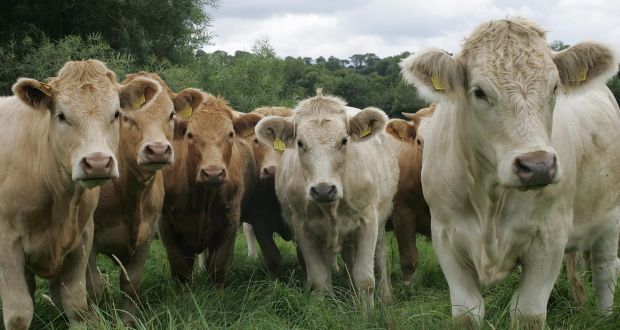Multiple Irish sectors are calling to shut down recent EU trade concessions that could lead to significant surges in beef trading from South American trading block Mercosur; a decision that could undermine the industry as a whole across the EU, as well as wounding Ireland’s flourishing beef export trade.
Recent concessions from a potential EU-Mercosur beef trade agreement — that could herald an escalation of beef imports from South America — have been dubbed “disastrous” by Meat Industry Ireland’s chairman Phillip Carroll; further exacerbating fears that the Irish agri-food industry will bear the brunt of a hard Brexit.
He argued that it isn't the time for an EU-Mercosur trade deal, given the "massive uncertainty created by Brexit and the clear negative implications of the UK exit from the EU for the Irish beef sector".
Unconfirmed reports suggest the EU has raised its beef import quota offer from 70,000t to 99,000t.
Last year an EU JRC (Joint Research Centre) report outlined the unique vulnerability of the European beef sector as a whole. The analysis indicated that increased imports from Mercosur would hit EU beef prices by up to 16 percent, costing €5bn annually.
“The standards associated with existing concessions need to be addressed to ensure a level playing field for Irish beef producers,” commented Pat McCormack, president of the Irish Creamery Milk Suppliers’ Association.
“Mercosur represents a major threat to Irish beef and further concessions simply must be rejected.”
Later tonight, the Cabinet’s Brexit sub-committee will discuss an impact study which estimates a possible 12,400 job losses in the sector under one scenario.
On the other side, workers and social movements within Mercosur are concerned that increased trade quotas could hurt national industries and employment.
Environmentalists in particular are worried that tariff-free quotas for beef will not only increase cattle production, but deforestation and pollution too.
“The carbon footprint of a kg of Brazilian beef is four times that of EU production. Brazil has 226m cattle to Ireland’s 6m,” said IFA president, Joe Hely.
“One arm of the Commission is prepared to do this deal and undermine the environment and animal welfare, while European farmers are asked to play their part on climate change and maintain the highest welfare standards.”
Additionally, he highlighted that Brazilian beef fails to meet EU standards on multiple accounts, including: safety, employment standards, hormones, drugs and beta-agonist use.
The Irish beef and livestock sector — 90 percent of which is exported — accounts for €3bn of the Irish economy, and over 120,000 jobs.

